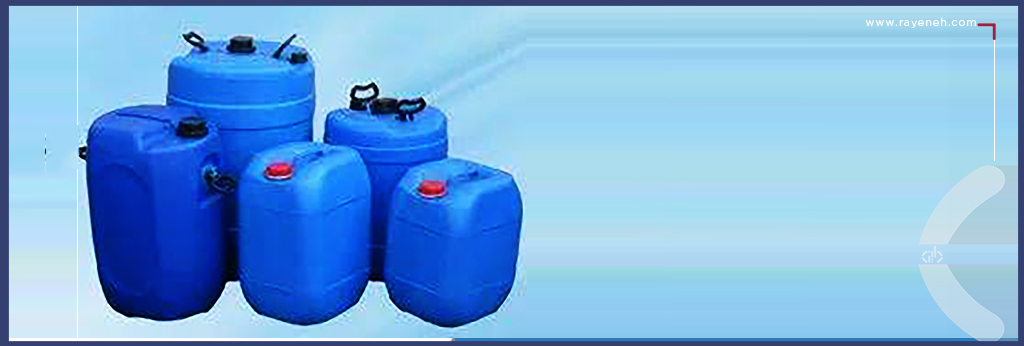
The water present in thermal processes due to evaporation leaves sediments that cause problems in heating and cooling systems, which justifies the use of sediment-stopping chemicals. Sediments act as an insulating layer and reduce heat transfer significantly.
These deposits in steam production systems reduce the power of steam production due to the reduction of heat transfer and cause the efficiency of the facilities to decrease. Chemicals added to water should be enough to prevent sedimentation, but usually chemicals are used in excess of the stoichiometric amount.
Hydrochemical inhibitors are liquid products that are a combination of sedimentation and corrosion inhibitors used in water treatment of boilers. Different grades of aliphatic polyamines are used to cover the surface of pipes.
Different types of fouling inhibitors such as Helamin and Fineamin are used in industries. Chemically, most of the Helamin types are stated by the manufacturer to be a “mixture of polyamines and polycarboxylates in aqueous solution”, but some also utilize volatile amines, ammonia, polyelectrolytes, organic polymers, and scavengers of dissolved oxygen.
Fineamin is an anticorrosion water treatment technology based on filming polyamines and dispersive polymers. Fineamin treatment is used against corrosion and fouling in steam boilers, warm and hot water piping systems, superheaters, as well as cooling circuits.
Application
- Corrosion inhibitor
- Fouling inhibitor
- Boiler treatment
Packing
It is packaged in 200 liter plastic barrels or 25 kg containers.
